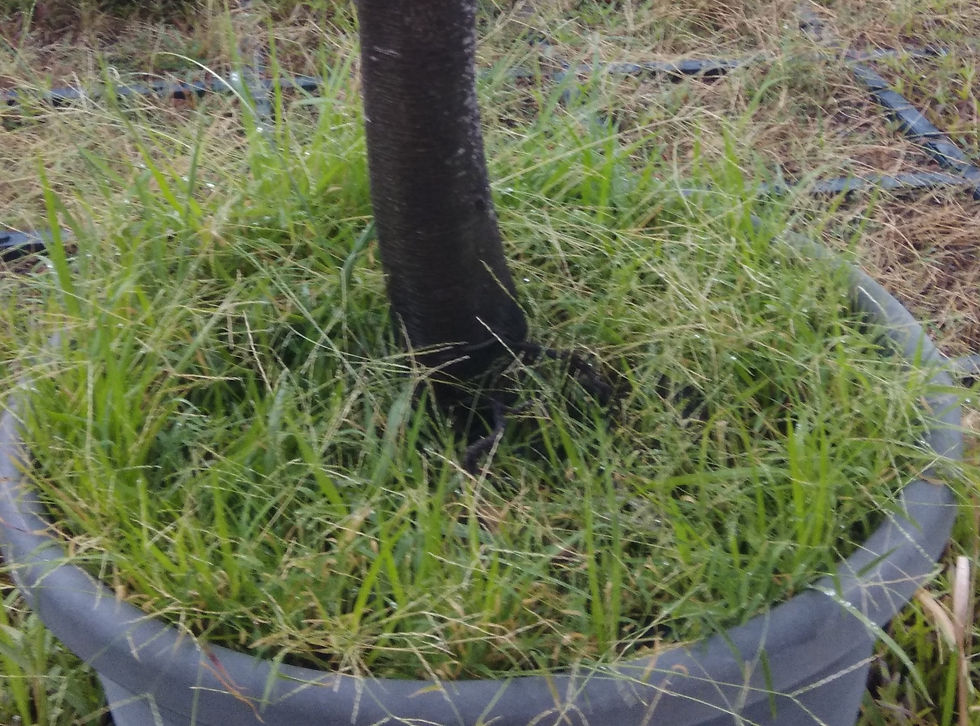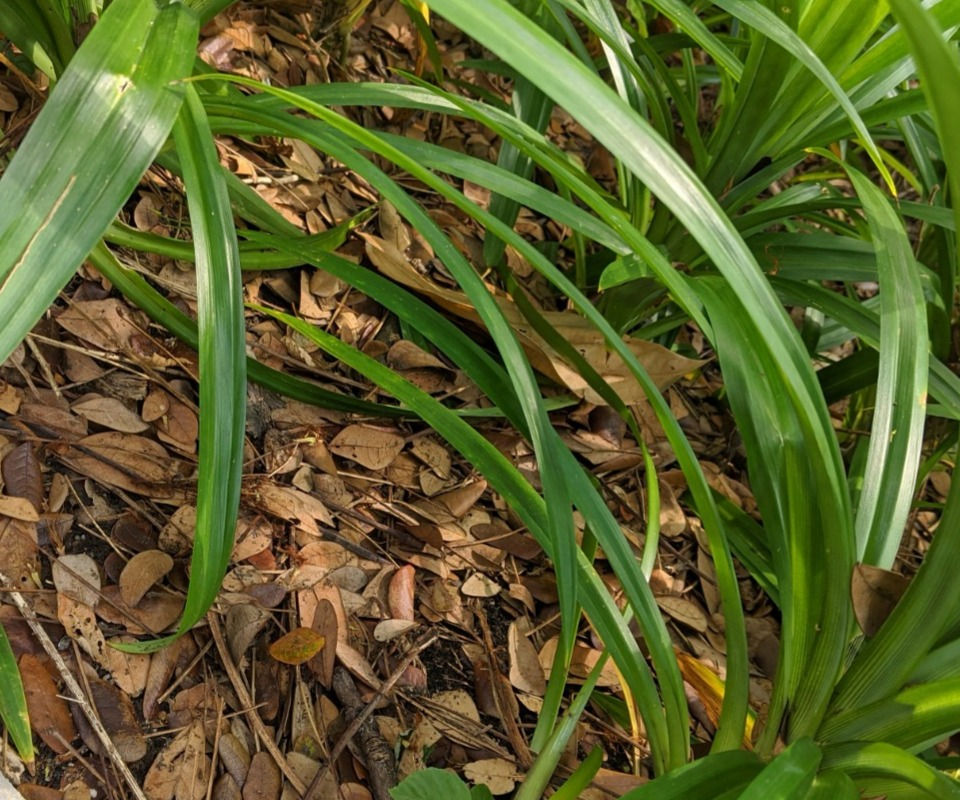weeds not weedy
- Terese Anne Teoh
- Apr 17, 2020
- 3 min read
There, in the most hostile of environments - between the little gaps the concrete or bitumen slabbed ground, a green head would emerge. Slowly, it pushed itself out of the grain of sand which it had firmly planted its roots on, and performed the most elegant of hair flicks that scattered its thousands of seeds in all directions. It was a reminder to man that nothing could ever stamp out its life.

I once loved them. They were a living symbol of the hardiness of nature, their thin but surprisingly sturdy stems that could not give way to the crunch of caulk boots. They inch up with the least of nutrients. I loved that they felt free, growing wherever they pleased, springing up to give a cheeky greeting audaciously, to those who tried to crush them flat and dead.
There was just one problem: they had an unflattering name, a mono-syllabic one, one that severely humiliates their sheer diversity and strength. It is a word that sends chills down the spine, no matter its context. It sounds like this: weed. In another context, the word is taboo. Weed. Marijuana, cannabis. Hated, despised. A symbol of a dysfunctional economy, society and country.
After I started gardening at my neighbourhood community garden, I've grown to hate these stubborn creatures. Now when they wave at me hello from the sides of the concrete, I pretend not to notice, and give them a nice squash with the whole sole of my shoe if convenient. If they catch me at the wrong hour when I'm at the rooftop, too bad - Mercilessly do I stamp on them, yank them whole, crush them to smithereens. Satisfaction arrives by the handful.

They are unlike any other kinds of plant: each can produce up to tens of thousands of seeds per plant, they can be parasites producing toxins, they suck nutrients out of the soil so they can kill all but their kind. They hybridize fairly quickly - meaning, husband and wife don't have to be genetically similar. That, in turn, expands their genetic diversity so that they can continue to adapt to the environment more quickly.Growing where they are never wanted, and taunting us with such audacity.
Gardeners try a variety of methods to kill them. Some just pull them out with hand and hoe. Some use mulch. Some apply herbicide. Some do crop burning.
the hand and hoe experience
Once I was asked to weed out a soil bed that was completely thick with every version of weed you can imagine. It was a fantastical and obnoxious sight. While they were born to be cruel, selfish and vicious combatants, they were selfless and intimate when it came to sharing space with its relatives. In one week they had let go of all inhibitions, sucked up as much nutrients as they could and were excessively carrying out the act of reproducing at their little party. I wanted to beat them, because strangling them to death would not teach them.
I grabbed a stool and a plastic container. I pulled the weeds out individually, carefully flinging or scraping away the soil that clung to their feet.
Opposite me, a young woman and an old man were also weeding. Both of them had donned gloves and a sun hat, and weeded in an impatient, professional way. They were doggedly focused, working in silence to the beat of an unsung rhythm. They had gardening spades to scrap the soil free. After an hour when they were done with the whole soil bed of around three square metres; I was horrified to find that I was only halfway done with a puny one square metre.

the mulch experience
The first time I used mulch was at a rooftop garden in Raffles City, owned by Edible Garden City. We spread a layer of coconut husks between the newly transplanted seedlings.
(some irrelevant info: I mistook the armfuls of mulch carried by someone for a dog.) At NParks' well-maintained therapeutic gardens, I also noticed the thick layer of mulch that snuffed any life of weeds:

the crop burning experience
I couldn't believe that we actually did something similar, in our little rooftop community garden.
Desmond, the head of our community farm, was wearing a N95 face mask. I had presumed that was due to the recent Wuhan virus outbreak, before a light smoky smell wafted into the air. Then he used a spray bottle to spray the soil which we had last week been uprooting weeds from, and the soil blackened instantly.
This burning, he said, was to kill the weed seeds.










Comments